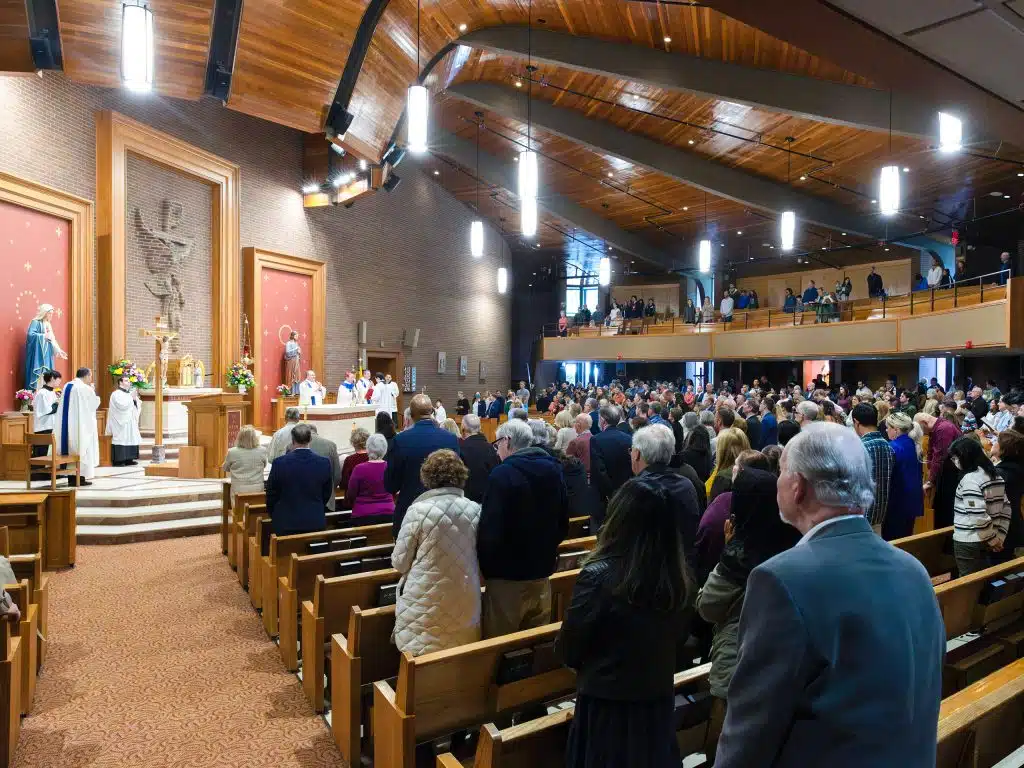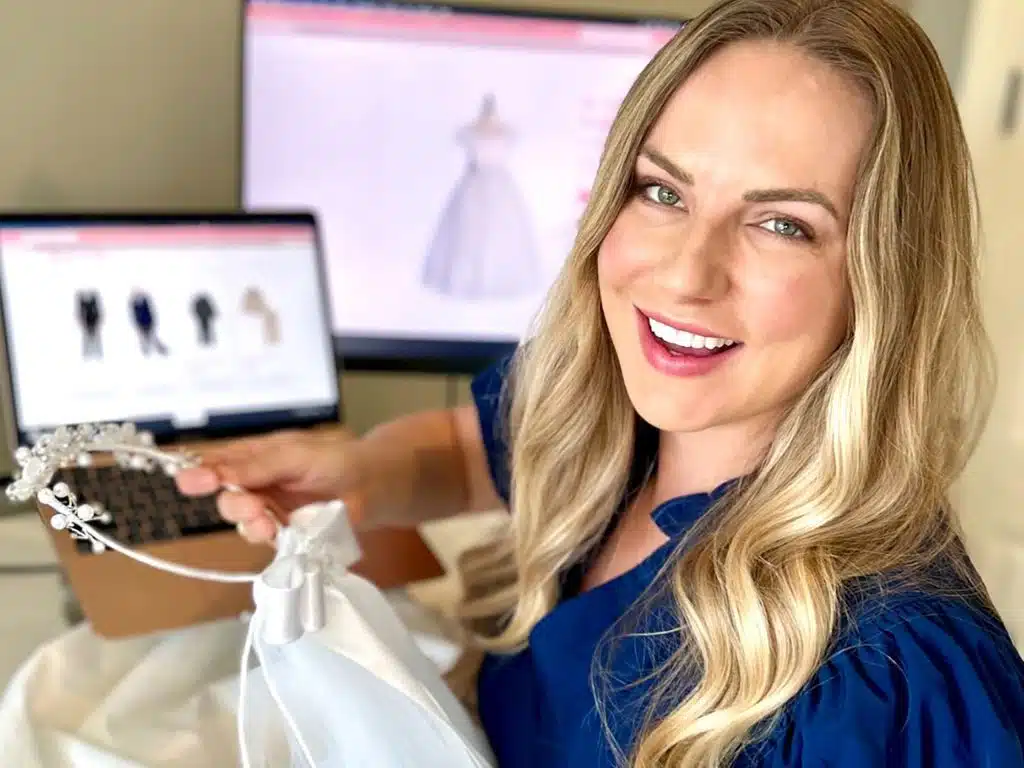The Supreme Court decision on Roe v. Wade in January 1973 has forever changed America. Being born after Roe v. Wade, I am keenly aware that for every four people we see, there is one person missing. Who would that person have become? What would they have done? What was God’s plan for them?
Every human being is created in the image of God, endowed with an immortal rational soul directly by the creator. Of all visible creatures, God created and willed people for their own sake — humans alone are called to share “by knowledge and love, in God’s own life. It was for this end that man was created, and this is the fundamental reason for his dignity” (“Catechism of the Catholic Church” 356).
Every person conceived is willed and loved by God. Humans are capable of self-knowledge, self-possession and of freely entering into communion with other persons. All are called by grace to enter communion with God and to offer a response of faith and love that no other person can give in his stead (“Catechism” 357). Every human person, saint or sinner, is called to communion with God.
Many people think that the prolife movement is concerned only with unborn babies. This time of year, the emphasis tends to be on the pre-born. The truth is, someone who is pro-life is truly an evangelizer. They call attention to God’s desire for a response of faith and love by each and every person. Whether that person is unborn, pregnant, aged, disabled, poor, on death row, or in crisis, that person is loved by God, who wants to share his life with them.
To effectively evangelize, we must bear witness to the beauty and sanctity of life. This must be done in truth. It is one thing to see the beauty of life in a diaper commercial (infant or adult); it is entirely different to see the beauty of life in the realities of this world — in sickness, boredom, meltdowns and mess. Yet life is precious.
More and more, to bear witness to the value of life, we must support those who choose life: the unwed mother, the poor, the diseased, the “other.” We must give them support to see that their choice for life (which includes fatigue, sacrifice, sufferings and heartaches) far outweighs the “what ifs.”
Today, we must help form functional families and direct people away from drugs, pornography, crime and other bad choices that devalue the human person. We need to provide resources and skills training for families to overcome the anxieties and pressures that can lead to abortion, suicide or euthanasia.
We also need to welcome and provide greater support for families whose members have special needs. Some needs are seen, others are not. Disability is difficult to accept and embrace in a world where success is the goal. Beethoven wrote some of his most beautiful music after losing his hearing; Van Gogh and Frida Kahlo painted vibrant art while struggling with depression. Christy Brown was an author, painter and poet with cerebral palsy. John Nash was a brilliant mathematician, who had paranoid schizophrenia. Stephen Hawking, a theorical physicist, suffered a motor neuron disease. Hellen Keller, who was blind and deaf, was an author, political activist and lecturer. In the eyes of the world, these people were different, but successful. Admittedly, most people with disabilities will not achieve such acclaim, but they can all achieve sanctity and help others to do the same.
Ultimately, to be pro-life is to be pro all life — from conception to natural death. We must respect the dignity of every human person, and help others to see this dignity: that every person is made in the image of God. As we near the anniversary of Roe v. Wade, consider how you are called to evangelize.
Lienhard is the director of the Catholic Education Center and special consultant for catechetics for the Diocese of Arlington.
Find out more
Contact the Office of Marriage, Family and Respect life, 703/841-2504, or Project Rachel, helpafterabortion.org.


